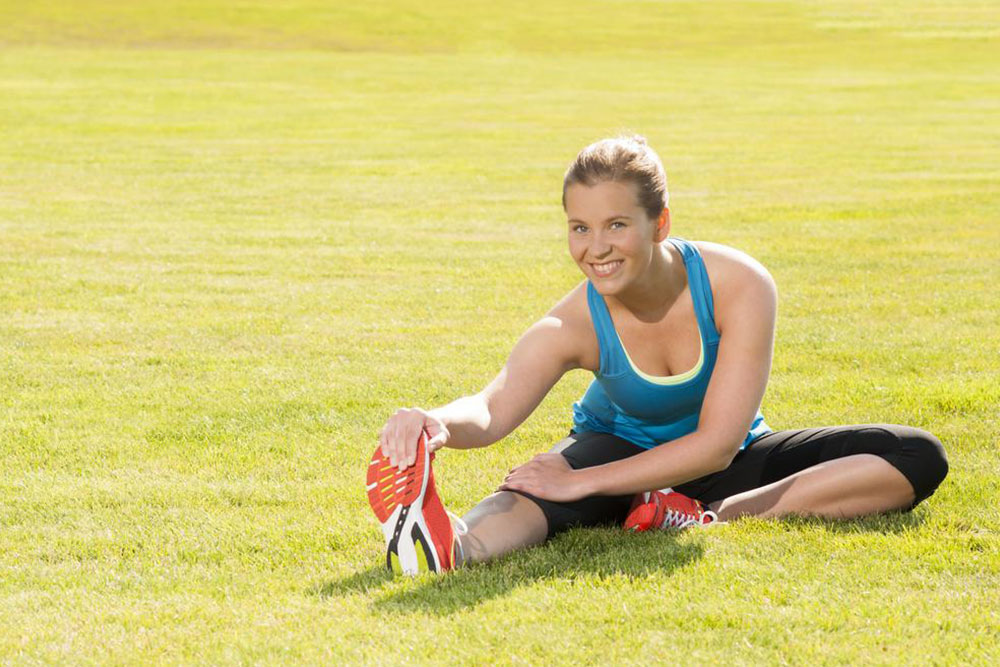Comprehensive Strategies to Enhance Athlete Wellness and Maximize Performance
Discover comprehensive strategies to optimize athlete wellness and performance. Focus on proper technique, balanced nutrition, adequate rest, and recovery protocols to prevent injuries and enhance long-term success. Essential reading for coaches and athletes seeking sustainable athletic development and peak performance.

Essential Methods for Maintaining Player Health and Improving Athletic Performance
One of the cornerstone elements in athlete health is mastering correct movement patterns. Improper technique, especially during high-intensity training or weightlifting, significantly increases the risk of injuries such as strains, sprains, and joint damage. Coaches should prioritize technique assessment and correction as an integral part of training sessions. Utilizing video analysis tools or real-time feedback can help identify faulty movement habits early before they cause harm. Emphasizing core stability, muscle balance, and proper lifting mechanics forms the foundation of safe training. Athletes should be encouraged to focus on quality over quantity, ensuring they perform movements with controlled, precise form.
Nutrition plays a critical role in athlete health, recovery, and performance optimization. While not every coach may have formal nutrition training, basic dietary guidance can significantly benefit athletes. Staying well-hydrated is fundamental, especially during intense training sessions and competitions. Proper hydration maintains blood volume, regulates body temperature, and supports metabolic processes. Monitoring caloric intake ensures athletes receive enough energy to meet training demands without excessive weight gain or loss.
Often underestimated, adequate rest and recovery are vital components of an effective training regimen. Muscles do not develop during exercise but during rest periods when repair and adaptation occur. Overtraining can lead to symptoms like fatigue, decreased performance, burnout, and increased injury susceptibility. Structured rest days, proper sleep hygiene, and active recovery activities—such as light stretching, foam rolling, or swimming—help expedite recovery processes.





